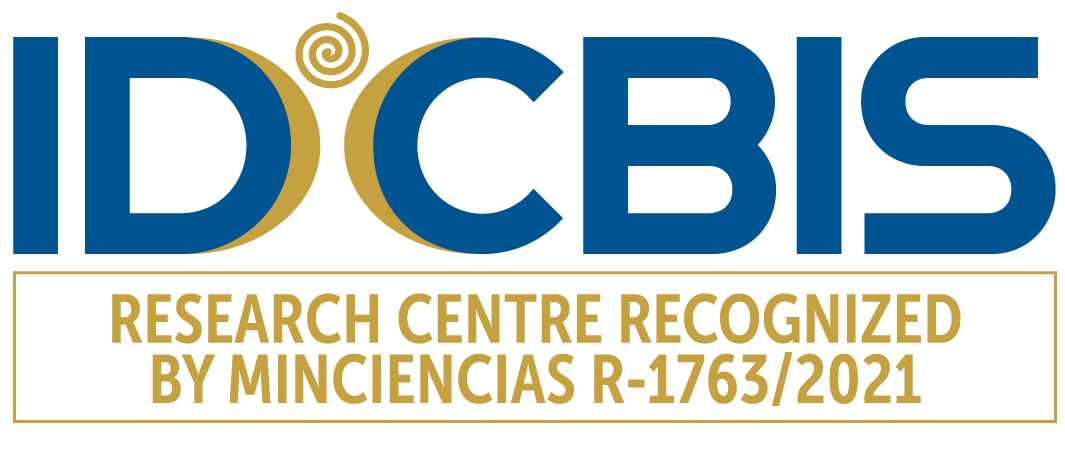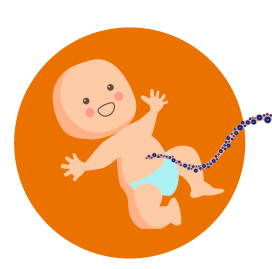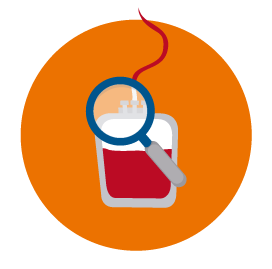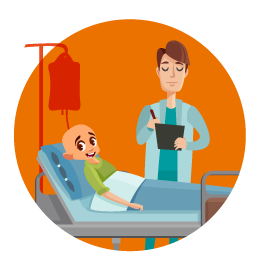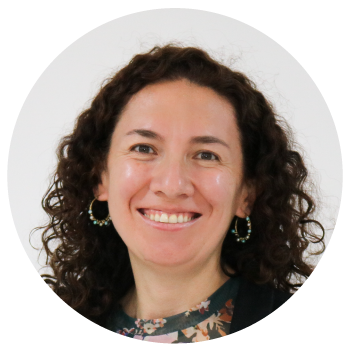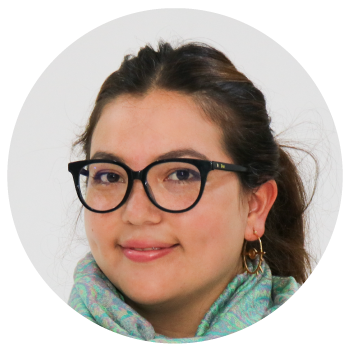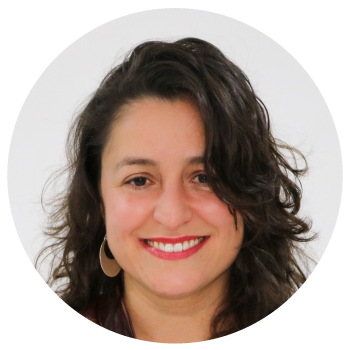
The IDCBIS Public Cord Blood Bank is a center responsible for the selection of donors and the collection, processing, analysis, storage, typing and distribution of umbilical cord blood, under strict quality criteria, for patients who require a transplant as part of a specific treatment.
We are the first public blood bank
umbilical cord in Colombia
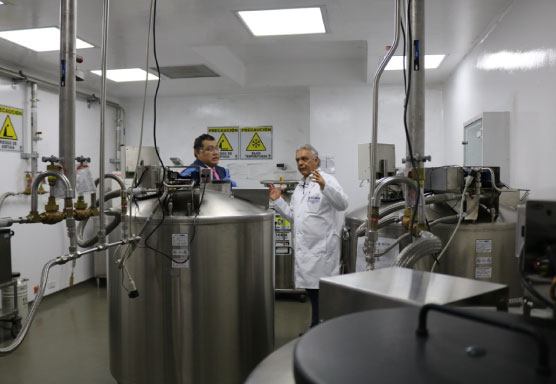
History
Agreement 0101-2017 between the FFDS and IDCBIS was signed for the development of the project to implement the Umbilical Cord Blood Bank and Cell Therapy Unit, whose execution has been underway for more than six years, has fulfilled the constitution of a team of researchers, professionals and technicians who, taking as a basis the published literature on the most optimal conditions for collection, processing and storage of progenitor cells, have managed to standardize and validate multiple procedures in the local context.
Logros
En cinco años de operación el BSCU:
Would you like to donate your cord and umbilical cord blood?

¿Sabías que solo 2 de cada 10 donaciones de sangre de cordón umbilical cumplen con los criterios necesarios para ser trasplantadas?
El programa Cordial actualmente funciona bajo la aprobación de los proyectos “Investigación orientada a la implementación de buenas prácticas para la aplicación de terapias celulares modelo TPH Bogotá” y “Evolución hacia mejores prácticas de manufactura, búsqueda, distribución y biovigilancia de células de sangre de cordón y cordón umbilical que amplíen sus usos en trasplante hematopoyético, medicina regenerativa y de precisión”, la ampliación del programa a otros hospitales o clínicas dependerá de la evaluación de los comité de ética e investigación correspondientes.
En tal sentido, el único hostpital en donde opera el programa Cordial es el Suba Hospital.
For more information, please contact us at bandecordonumbilical@idcbis.org.co and is aware of the conditions and the collection arrangement.
BSCU has generated
a new lease on life,
especially for Colombian children by increasing their
chance of a higher
and higher degree of genetic compatibility
as it is obtained from the same the same population from which the patients come from.
Colombia is the fourth country in Latin America to have a BSCU.
64
Trasplantes
Realizados

Cordial program
It comprises the collection, selection and donation of umbilical cord blood units by Colombian mothers, through an informed process that guarantees the safety and stability of the donation, as well as of the parallel samples taken from each unit.
Its implementation in 2014 required the administrative support of obstetrician-gynecologists and neonatologists from several hospitals and clinics in the city, as well as the approval of the ethics and research committee of the District Health Secretariat. Thanks to the implementation of the Cordial Program, a new collection method was born, which allowed the recovery of a greater amount of cells for each donation, which was implemented in the different hospitals participating in the program. This method was published in the journal Transfusion in 2017.
The program in its operation includes the use of communication pieces to adjust the call for umbilical cord blood donation to the context of delivery rooms and the approach by nurses. In 2016, around 6500 maternal mothers were approached of which 4000 were excluded and 2500 donated in hospitals of the public and private network in Bogota: Kennedy, Suba, Meissen, Engativá, Cafam and Clínica Country.
Today more than 9,000 donations have been made by Colombian mothers. If you want to know how to become a donor and the institutions where you can make the process contact us through our social networks.
DONOR SELECTION
Who can be a donor?
- Healthy pregnant women, over 16 years of age, with full knowledge of the program and willingness to donate.
- Pregnant women with adequate prenatal control and without potentially transmissible diseases through blood.
- Mothers of healthy infants without suspected congenital disease.
- Candidates for vaginal delivery or cesarean section, as long as they do not have complications during the procedure and are attended in a health institution participating in the program.
- Women who allow a small blood sample to be taken in addition to the donation, to be analyzed and to be able to rule out the presence of infectious diseases.
Why donate cord blood?
-
They are obtained through a simple, painless and risk-free procedure for the donor.
-
Its availability is immediate, which reduces the patient's waiting time to receive the transplant.
-
The transplant has less risk of transmission of infectious diseases and immunological rejection, since it comes from a newborn.
-
It increases the chances of local patients to find a compatible donor, as they have stored units from a genetically similar population.
How are cord blood units used?
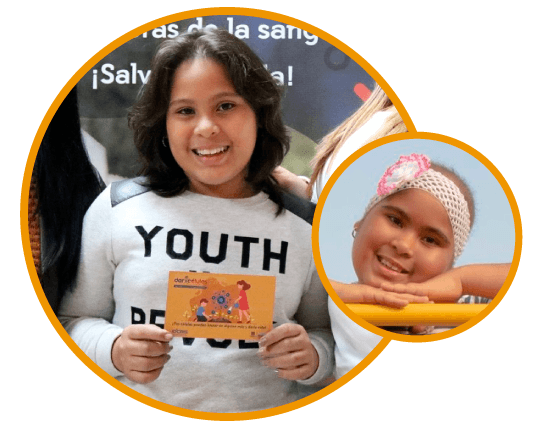
More than 20 years of research has shown cord blood to be effective in the treatment of various diseases, including those affecting the blood, immune system, metabolism and bone marrow.
Worldwide, more than 40,000 stem cell transplants (from bone marrow or umbilical cord blood) are performed each year in both children and adults.
Umbilical Cord Blood Bank Team

Más de 80 trasplantes de células formadoras de la sangre han sido realizados de donantes colombianas para pacientes colombianos,
The umbilical cord blood cell units come from Colombian mothers who have said yes to the possibility of supporting cellular medicine research in our country. Women who decided to turn their umbilical cords (which otherwise would have been discarded) into life possibilities for patients with severe blood diseases.

